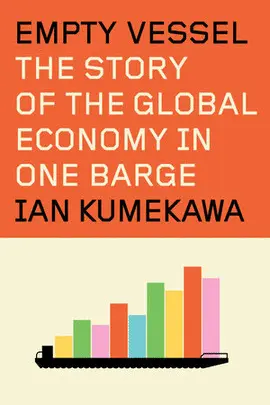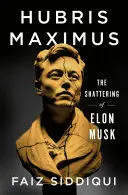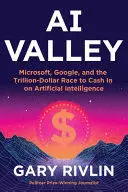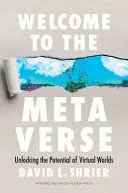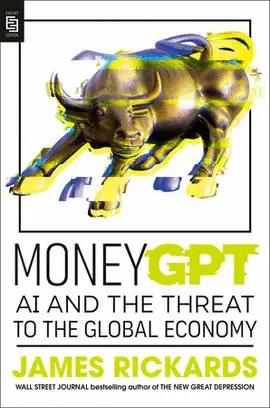
- Editorial:
- PUBLIC AFFAIRS
- ISBN:
- 978-1-5417-0046-8
OVERHEATED
HOW CAPITALISM BROKE THE PLANET - AND HOW WE FIGHT BACK
KATE ARONOFF
In the past few years, it has become impossible (for most) to deny the effects of climate change and that the planet is warming, and to acknowledge that we must act. But a new kind of denialism is taking root in the halls of power, shaped by a quarter-century of neoliberal policies, that threatens to doom us before we've grasped the full extent of the crisis.
As Kate Aronoff argues, since the 1980s and 1990s, economists, pro-business Democrats and Republicans in the US, and global organizations like the UN and the World Economic Forum have all made concessions to the oil and gas industry that they have no intention of reversing. What's more, they believe that climate change can be solved through the market, capitalism can be a force for good, and all of us, corporations included, are fighting the good fight together.
These assumptions, Aronoff makes abundantly clear, will not save the planet. Drawing on years of reporting and rigorous economic analysis, Aronoff lays out a robust vision for what will, detailing how to constrain the fossil fuel industry; transform the economy into a sustainable, democratic one; mobilize political support; create effective public-private partnerships; enact climate reparations; and adapt to inevitable warming in a way that is just and equitable.
Our future, Aronoff's book makes clear, will require a radical reimagining of our politics and our economies, but if done right, it will save the world.
Aronoff's bold political & economic agenda for saving the world in 12 years includes:
* decarbonizing the economy
* nationalizing utilities and the fossil fuel industry
* public sector - private sector partnerships in the public interest
* a jobs guarantee
* climate reparations
* equitable planning for inevitable warming
* low-carbon luxury


